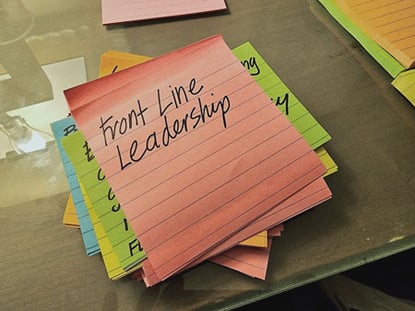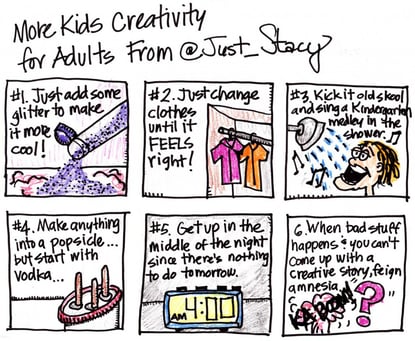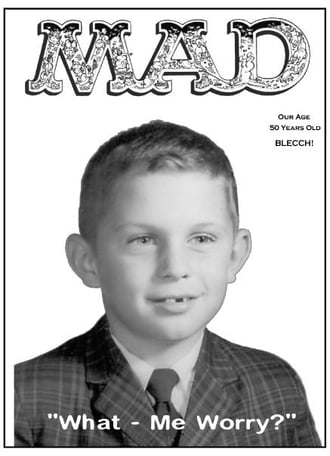This week's guest post is from Tracy Brown and Gordon Simmons are the co-creators of Happiness Inside – a social networking website offering articles, tools, tips, and encouragement. Its aim is to help each visitor develop a toolbox to build their own Happiness INSIDE. Gordon is a writer, musician, and online businessman. Tracy is a writer, a dreamer, and loves to engage and inspire others. You can follow them on Twitter at HappinessInside.
They're sharing their perspective on making a strategic choice for happiness:
 When we were invited by Brainzooming to do a blog on employing strategic thinking and choosing happiness, we jumped at the chance. You may wonder: Why “strategic thinking” when you are talking about being happy? Well, happiness is a choice – we’ll discuss that later in this post – but first let’s start with thinking strategically in order to choose happiness.
When we were invited by Brainzooming to do a blog on employing strategic thinking and choosing happiness, we jumped at the chance. You may wonder: Why “strategic thinking” when you are talking about being happy? Well, happiness is a choice – we’ll discuss that later in this post – but first let’s start with thinking strategically in order to choose happiness.
The mind is a funny creature. Undisciplined, it wanders from subject to subject, thought to thought, from imagined scenario to perceived situation. Sometimes, this is fine – it’s nothing more than benign musings. But the undisciplined mind by itself doesn't always necessarily act in your best interests. When this happens, thinking strategically can help.
For a moment, picture the mind as river, water rushing along as you stand along the shore. The water in the river will follow the path of least resistance, especially when circumstances cause a surge in its volume. The water itself is not out to create a flood or breach the river banks; it’s just following the route it can flow in most easily without opposition.
The mind can behave in a similar way. When left unchecked (like the river’s water), the mind can wander into subjects and areas you do not want to think about or do not need to dwell upon. And it can certainly wander into areas that are simply not true and have a negative effect on how you feel, and ultimately believe and act.
Consider these examples. You are in school and fail a test. Or you are giving a presentation for work, and you totally bomb in front of your coworkers and maybe even your boss. It just doesn’t go well for you that day. An undisciplined mind might start to travel in “unruly” directions telling you things like:
- “I’m so stupid."
- “I can’t get this.”
- "I never do these things well.”
And on and on. Those thoughts are just not true and do not employ thinking strategically. Now, let’s apply strategic thinking to the two examples above.
Number one, you failed the test. Your deliberate thoughts can go in this direction:
- “Ok, I really did not do well on that test.” [This is true.]
- “Today was not my best day.” [This is true.]
- “And I will work to do better in the future. I can do better.” [This is also true.]
This last thought is the beginning of thinking strategically. It opens the door and points your mind toward finding a way to create future positive experiences for yourself.
The bombed presentation?
- “This was not my best presentation.” [That’s a fact.]
- “I had the opportunity to learn what works for me when I’m talking to a group and what does not.” [That’s a fact.]
- “My next presentation will be better because of what I’ve learned in this one.”
Again, this is thinking strategically.
So what does thinking strategically have to do with choosing happiness? The answer is simple: What you choose to think about will ultimately have a direct affect on how you feel. Choosing more positive thoughts will create an environment for your mind to be more apt to discover, develop, and experience happiness. Choosing to be happy will create more opportunities for feeling good.
The happier person is the one who is more strategic in his or her thinking – the one who chooses to think, “I bombed today, but I’ll rock tomorrow!” - Tracy and Gordon



